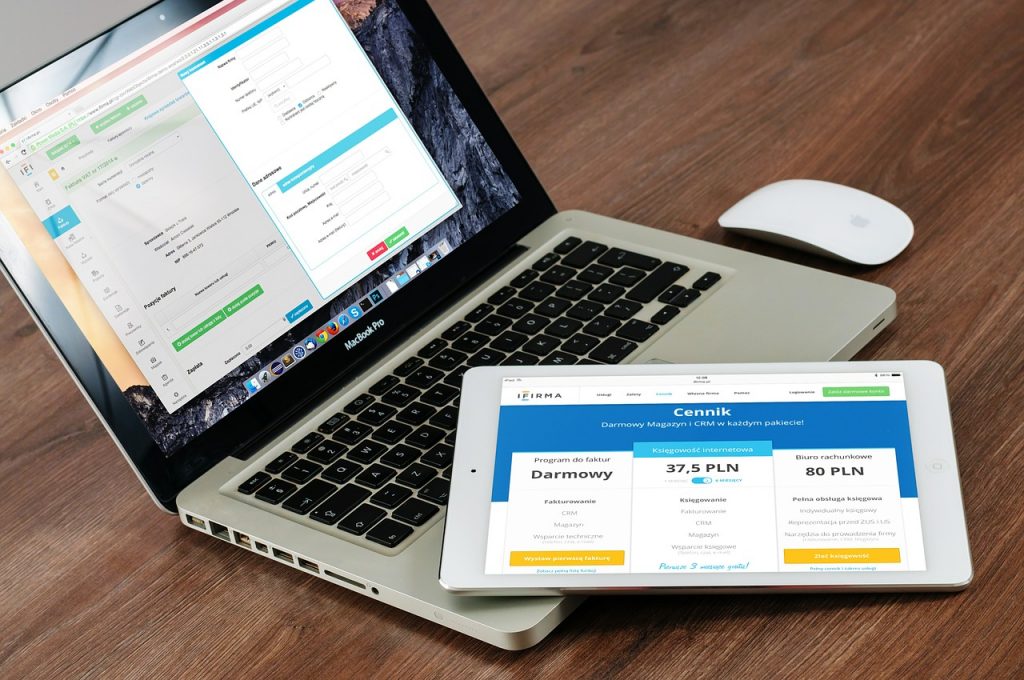Robin Khokhar
Robin Khokhar is an SEO specialist who mostly writes on SEO. Thus sharing tips and tricks related to SEO, WordPress, blogging, and digital marketing, and related topics.
Where would we be without price comparison websites? Whether it’s insurance, utilities, or even a mobile phone contract, we all turn to...

Image Credits: pexels
Where would we be without price comparison websites? Whether it’s insurance, utilities, or even a mobile phone contract, we all turn to price comparison websites now and then to make sure that we are getting the best deal possible. Clearly, a price comparison website can form the basis of a business, but if you are considering going down this road, there are some things you need to work out upfront.
The first step of launching a successful business in any industry is identifying your niche. You don’t have to cater just to your niche, but if you try and cast your net too wide, you won’t be able to reel in any serious traffic. For example, there are plenty of websites out there that enable you to compare the prices for domestic water, gas, and electricity. However, there are comparatively few businesses like Utility Bidder that provide utility price comparisons for businesses.
There are already innumerable price comparison websites out there. If you are planning on launching your own rival to an already-established service, then you are going to have to offer users something that your rival isn’t. This might be something as simple as a much sleeker and more intuitive interface, or it might be something more valuable, such as having access to data sources that your rivals don’t.
Building and maintaining a website is expensive. If you want to keep your price comparison website online and ensure that your users have the best experience possible, you’re going to need to pay for the necessary infrastructure. There are lots of ways of monetizing your price comparison site, you just need to decide on the approach that is going to work best for you.
It would be unusual for a price comparison website to charge users to use the service. After all, most people will only have cause to compare prices when they’re making relatively big purchases. Unless you are comparing the prices of common everyday products, most of your users will be transient, so they won’t be logging in every day.
Advertising is the most obvious way of monetizing your website. This can include placing ads on your page using a service like Google AdSense, or it might mean striking deals with local businesses so that they are always given priority in your results listings. As long as you clearly mark results that are promoted, this is a perfectly ethical approach.
If you are going to compare prices, those prices need to come from somewhere. How you go about getting the data you need will depend entirely on the kind of prices you are comparing. This is usually done using bots and scrapers – automated scripts that will connect to online services and retrieve data according to pre-defined routines.
If you’ve never used a scraper before, then you will need to familiarise yourself with exactly how scrapers can be used to gather data. No matter how good at web design you are, it is just as important that you lock down your data sources early in the process.
Price comparison websites are useful tools that we have all used at one time or another. Setting up your own price comparison website can be the basis of a viable business – just make sure you understand what you are getting into.
A lot of business owners fail to identify their niche. This information is detailed and very helpful. thank you
Hi Robin,
So true, identifying your niche is the first step of launching a successful business in any industry.
These days before we buy anything we do surely visit price comparison websites to check out the best deals, better features at a reasonable price.
This kind of websites have become an important part for everyone, especially. Whether a person is rich or poor.
Thanks for introducing scraper, for gathering information.
Cheers,
Jeangam Kahmei